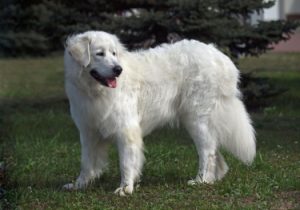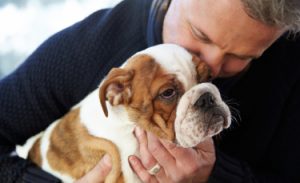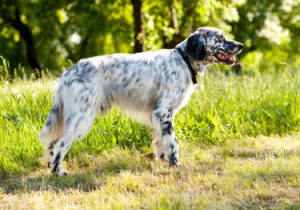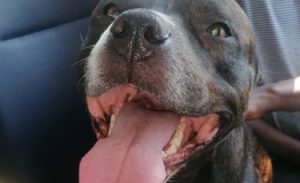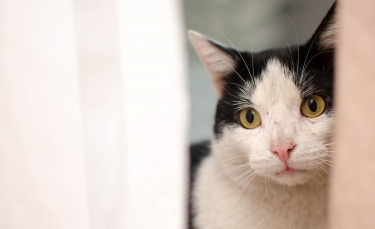 Illustrative photo
Illustrative photo
Cats have had a hard time with the confinement periods made necessary by the Covid-19 pandemic and continue to suffer from it. This is what a study carried out by a team of Australian researchers reveals, the conclusions of which were recently published.
The Covid-19 pandemic has not been without consequences on our daily lives. It has also affected that of our pets, especially cats. For our feline friends, the periods of confinement have left a mental impact, as proven by a study carried out in Australia. This is what Grazia reports this Friday, September 3.
The measures taken to try to stem the spread of the Sars-Cov-2 virus and its variants have somewhat disrupted the habits and environment of cats. Overnight, they had to deal with the omnipresence of their families, confined, when they were used to spending most of their days alone at home.
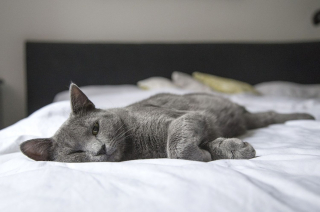
50% of cat owners have seen their companions’ mood and behavior change
Which had an impact on their well-being, according to the results of the study in question, carried out by researchers at James Cook University in Townsville , in the state of Queensland (North East of Australia). It emerges from this work led by Dr. Jessica Oliva , lecturer in psychology, that nearly one in 2 cat owners noticed a change in mood and behavior in their pet during confinement.
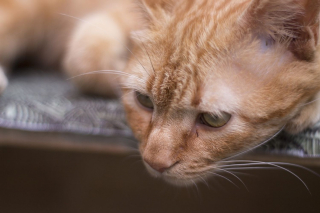
The authors of the study analyzed a multitude of data on the daily lives of nearly 400 people with or without animals. They noted that the dogs had generally better experienced these long periods of isolation; unlike cats, they appreciated the opportunity they had to spend more time with their owners. Canines, however, had to suffer the consequences of deconfinement, including being suddenly deprived of the presence of their humans.
Read also: A devoted man carries his disabled dog in his arms to allow him to play with his friends (video)
Let us also remember that a good number of pets, adopted during confinement in order to feel less alone, have suffered in more than one respect; ignorance of the owner’s duties and responsibilities (care, care, food, outings, etc.), constraints, stress, etc.



